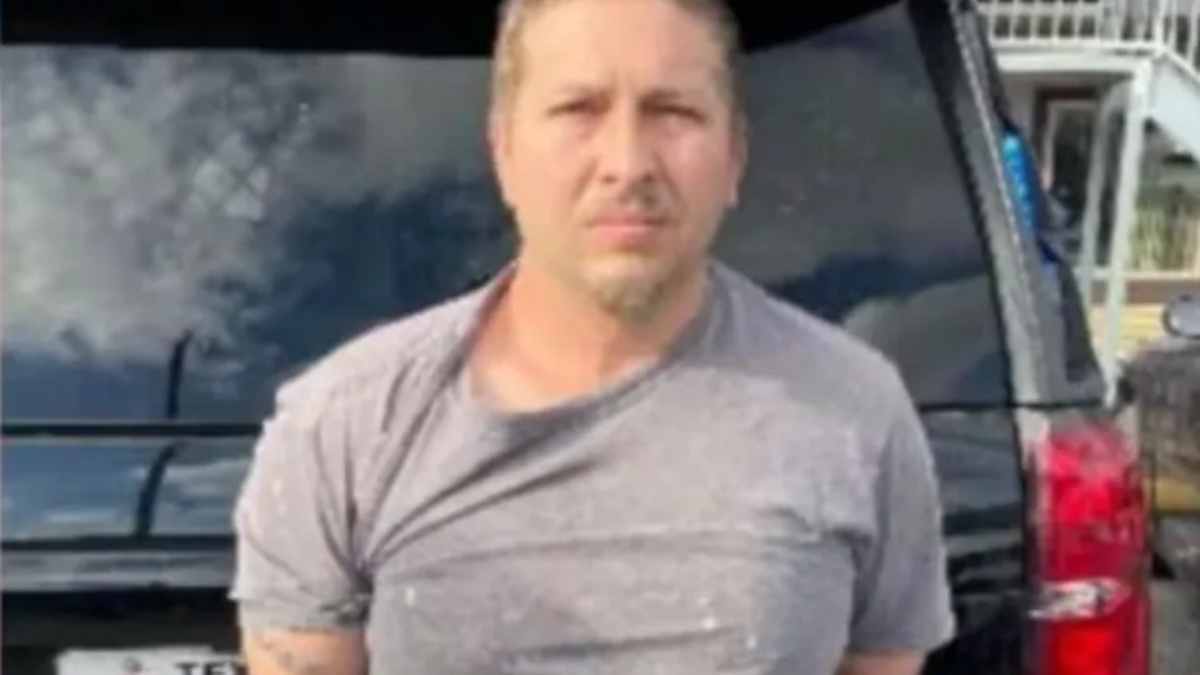Some stories are so disturbing that they leave you questioning humanity. This week, Louisiana made headlines for one of those cases, and it comes with a shocking legal twist.
Thomas Allen McCartney, 37, pleaded guilty in Vernon Parish to trying to sexually assault a child in 2023. According to reports, the attack ended only when the girl’s mother walked in and caught McCartney in the act. It’s the kind of nightmare scenario every parent fears, and it quickly turned into a Louisiana courtroom bombshell, per People.
As part of his plea deal, McCartney agreed to undergo not only physical castration but also chemical castration, a procedure that essentially strips him of the ability to ever commit a similar crime again. In addition to that, he’ll serve 40 years behind bars with the Louisiana Department of Corrections.
Louisiana Man Agrees To Be Castrated After Sex Crime
This isn’t McCartney’s first encounter with the law over sex crimes, which makes the case even more chilling. He had already been convicted back in 2011 for attempted aggravated sexual assault. In other words, this man wasn’t just a one-time offender.
District Attorney Terry Lambright didn’t hold back in his reaction, saying, “This is a horrific crime that never should have happened. Thomas McCartney is a predator that needs to be locked away from others in our community.”
It’s hard to disagree. While castration, both physical and chemical, is controversial and rarely used in the U.S., it’s a punishment that sends a strong message in this particular case. Louisiana, along with a handful of other states, has laws that allow chemical castration as a condition of parole for sex offenders targeting children. But McCartney’s sentence goes a step further, combining it with a long prison term that ensures he won’t see freedom for decades.
People Have Differing Opinions
The public reaction has been predictably fierce. Many are saying the sentence still isn’t enough for what he did, while others see the castration requirement as a step toward justice. The bigger question is why someone with his past was ever in a position to reoffend in the first place.
“Inhumane,” one person said of the sentence. “He deserves much worse,” another stated. “I have so many questions,” a third person commented.
It’s a story that’s equal parts infuriating and haunting, a reminder of the dangers that still exist, the failures of the justice system to protect children the first time around, and the extreme measures society is sometimes willing to take to prevent future crimes.

